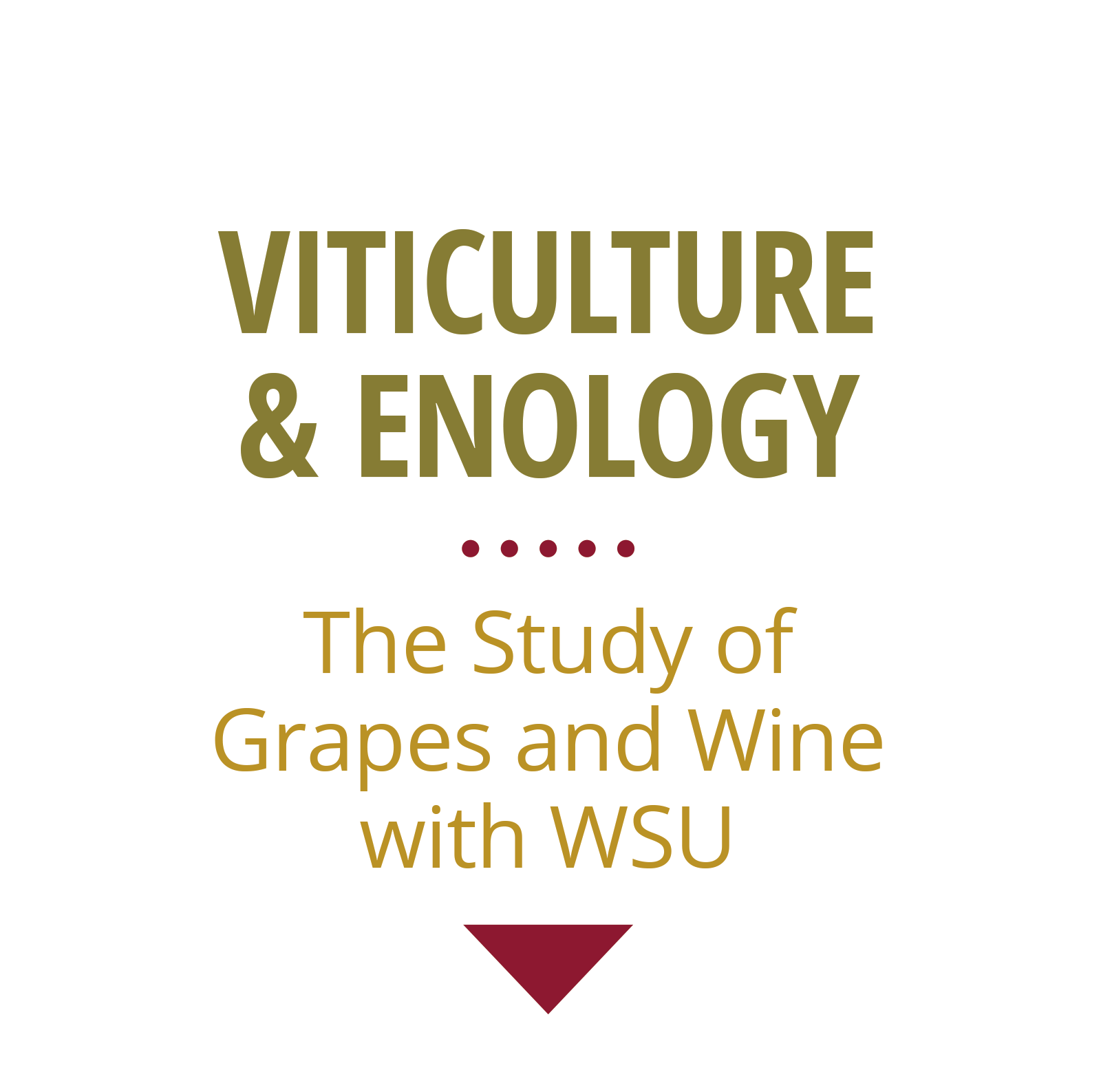Washington State Wine bets big on research
New strategic research plan significantly increases budget to fund $5.5 million in research projects
SEATTLE (June 24, 2019) – The Washington State wine industry will significantly increase its research budget by nearly 300 percent over the next four years. Approved Friday, June 21, 2019, by the Washington State Wine Commission Board of Directors, the new strategic research plan will carry forward Washington’s world-leading viticulture and enology research program to support and fund an estimated $5.5 million worth of projects.
“Research is now taking a center stage in Washington’s wine industry,” said Steve Warner, President of the Washington State Wine Commission. “It’s an essential part of this industry that has grown to more than $6 billion of in-state economic impact, 58,000 acres of wine grapes and 970 wineries.”
The new four-year research plan, which takes effect July 2019, builds upon the current accomplishments of Washington’s industry-driven, industry-guided research program. Priorities are developed from broad industry input, with multiple and annual opportunities to solicit industry feedback and engage industry stakeholders regarding direction of the research program. Most importantly, research results are made available to all Washington wine grape growers and wineries—regardless of size. Research helps growers produce better grapes and vintners make better wine by addressing key industry challenges, like grapevine viruses that shorten vineyard productivity and reduce fruit quality, new pest species in Washington grapes, wine spoilage and tannin management.
Total spending on viticulture and enology research in Washington State has exceeded the million-dollar mark the last three years, representing 20 percent growth since 2015. Viticulture and enology research projects conducted by Washington State University scientists are annually supported by the Wine Commission, Auction of Washington Wines, Washington State University and state taxes collected on all wine sold.
The plan aims to drive the research portfolio by selecting a target research initiative each year, which will receive at least 40 percent of the Wine Commission’s total research project funds available. A research initiative summit will be sponsored by the Wine Commission to engage the research and development community and encourage innovative new learning and technologies focused on the initiative.
A new element of the strategic research plan includes a competitive grant program that will fund short-term demonstration and proof-of-concept research beginning next year. Industry feedback given to the Wine Commission has identified a void of vineyard and winery research that have rapid, practical application. All types of research, from basic to applied, have a role in addressing industry challenges, but demonstration trials will be particularly helpful to small wineries and growers unable to conduct in-house wine or vineyard trials. The short-term research program will be open to students and faculty at Washington community colleges and state universities.
Washington State Wine board member and grape grower Dick Boushey says the research partnership between the industry and WSU has resulted in game-changing research that has helped the industry conserve water, reduce pesticide use and improve wine quality. “We look for even more in the future as we support innovative research and technologies for vineyards and wineries that improve the quality of grapes and wine, keep the industry competitive and raise the global awareness of Washington wines,” he said.
Learn more about the Washington wine industry’s research program on the Washington State Wine website.
# # #
About Washington State Wine
Washington State Wine represents every licensed winery and wine grape grower in Washington State. Guided by an appointed board, WSW provides a marketing platform to raise positive awareness about the Washington State wine industry and generate greater demand for its wines. Funded almost entirely by the industry through assessments based on grape and wine sales, WSW is a state government agency, established by the legislature in 1987.
Media Contact: Heather Bradshaw, Communications Director / (206) 326-5752, hbradshaw@washingtonwine.org

